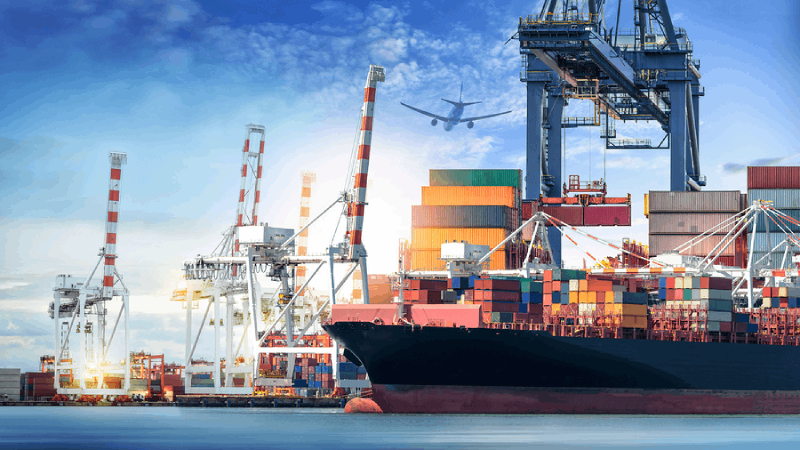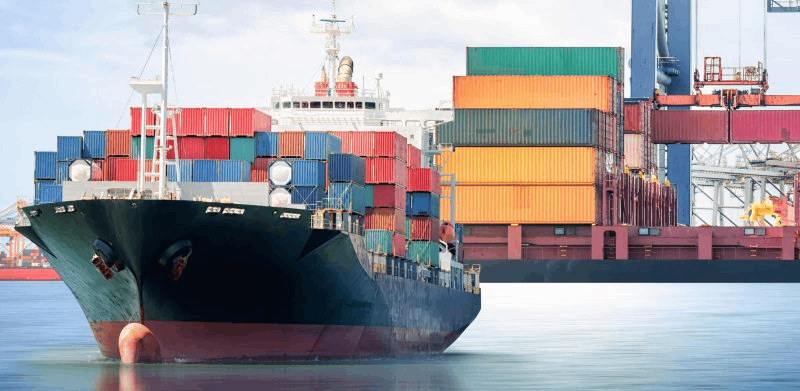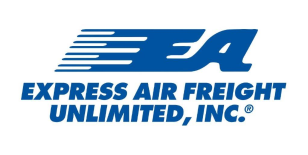Time:2022-08-04 Publisher:Kevin Num:7469

With the expected peak season approaching, the port congestion is also increasing. In order to alleviate this phenomenon, the ny/nz port of the United States will take a series of measures.
On Tuesday, the ports of New York and New Jersey announced that they would impose charges on any long-term stranded import and export containers.
The goal of this fee is to reduce the number of empty containers in the port and make room for the container yard. Objects include full containers and empty containers.
The long-term detention fee announced by the ports of Los Angeles and long beach last year has been postponed to August 28.
The U.S. shipper was informed that the port would implement the charge in September to adapt to the holiday cargo volume in advance.
As the largest port on the east coast of the United States, ny/nz port handled a record number of imported containers during the global epidemic.
But, while the port welcomes many containers, many containers are also stranded at the dock. This has exacerbated port congestion, resulting in more ships blocking the port.
The fee will take effect in September, pending a 30 day public review period. The fee income will be used to offset the cost of providing additional storage capacity, as well as other costs arising from the excess of empty containers.
In addition to imposing fees, the port has also set a mandatory container export level.

According to the new regulations, the total outbound container volume of maritime carriers must be equal to or exceed 110% of the inbound container volume in the same period. If the standard is not met, the carrier will be charged a high fee of $100 per container.
"New York port and New Jersey Port are facing record import volume, resulting in the accumulation of empty containers around the port. We hope shippers can take away these boxes in time to speed up the operation of the port," said port director besan Rooney.
So far, the container import volume of the port has increased by about 12%. In order to keep up with the surge of overhead containers and long-term stranded import containers, they are using a 12 acre land.
At present, about 6.5% of the cargo volume of the ports on the east coast comes from the west coast. Therefore, the delay from China to the port is increasing, and Rooney hopes to ship the long stranded containers out to avoid additional delays.
On the other hand, NY/NZ port, a large port on the east coast, has always received a large amount of goods from Europe. Recently, the frequent labor conflicts in Europe are also aggravating the congestion of the port, and the export to the United States is at least 2 months late.
However, the effectiveness of the new regulations will still be pushed and pushed like the surcharge of la/lb port before, which remains to be seen in the follow-up.
GLA hereby reminds the freight forwarders and shippers that if there is any cargo going to the port of the United States, please pay attention to the latest port situation and contact the shipping company in time to avoid the delay of cargo delivery.



